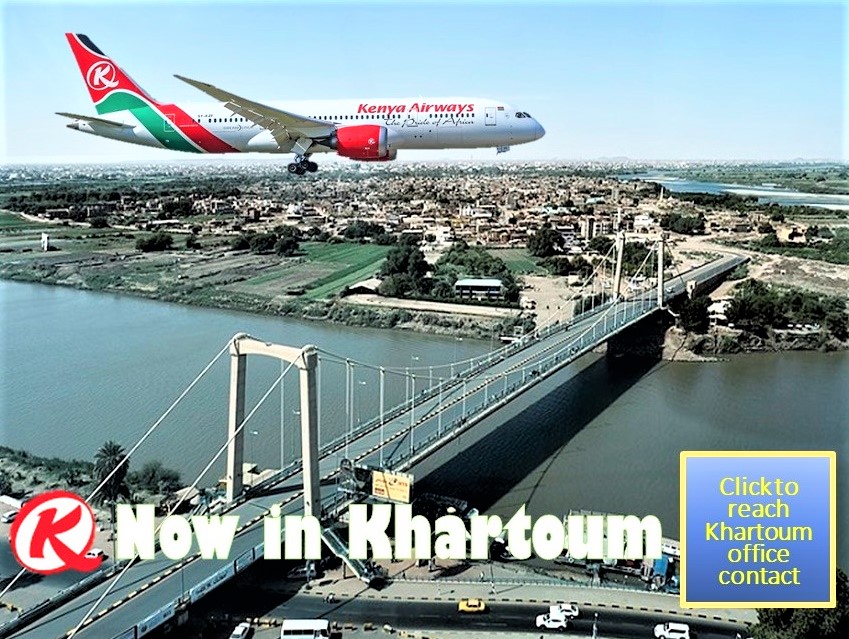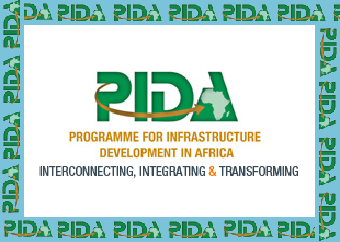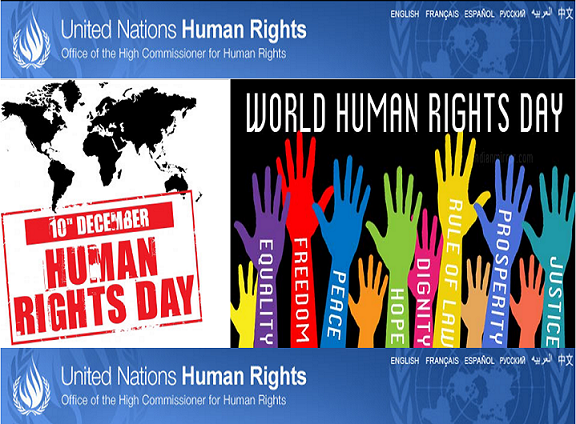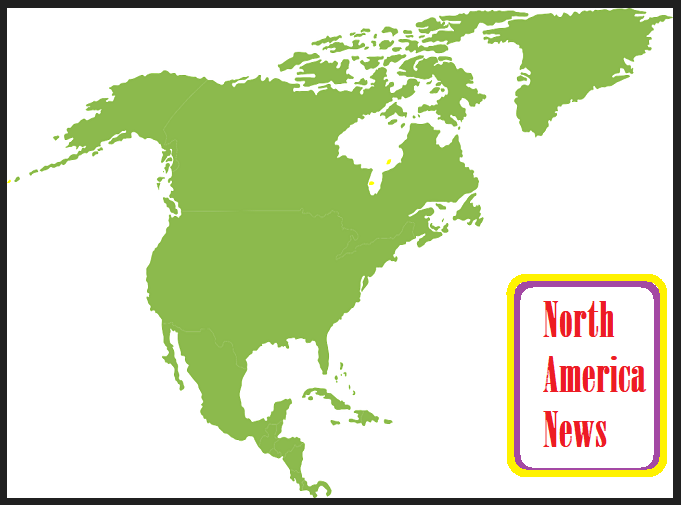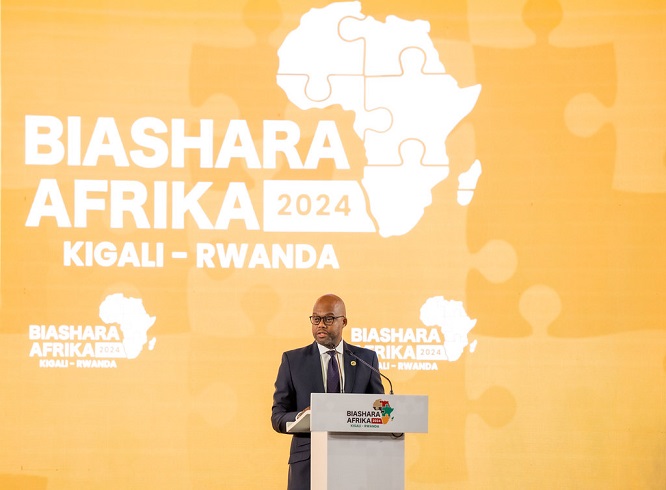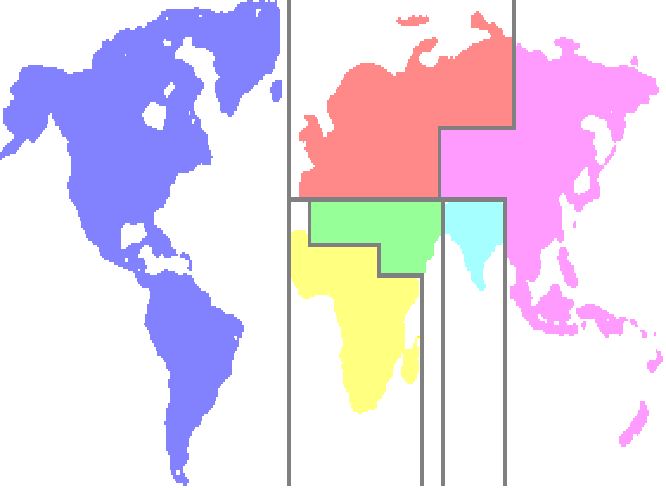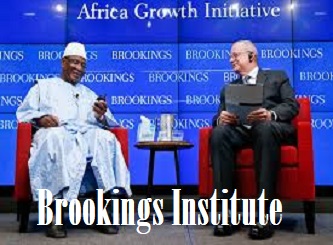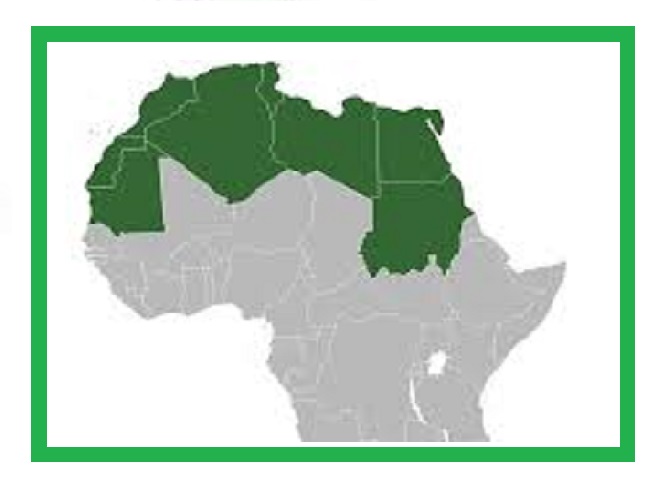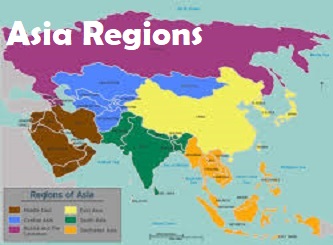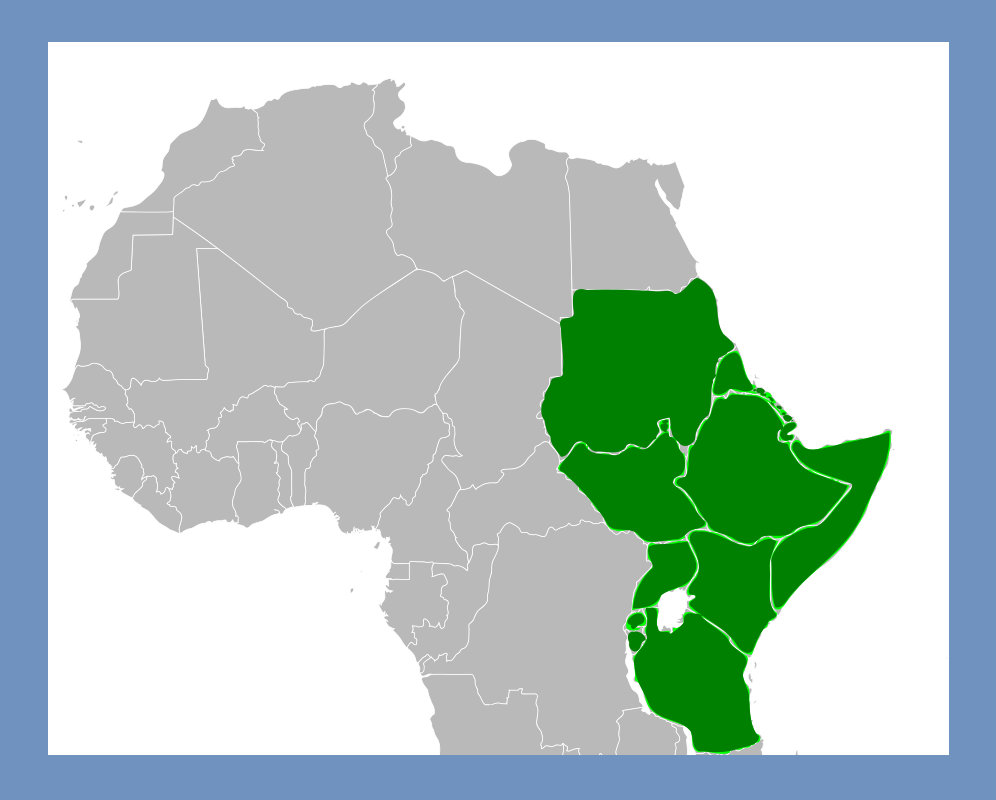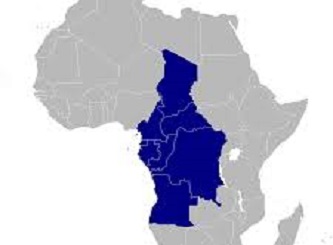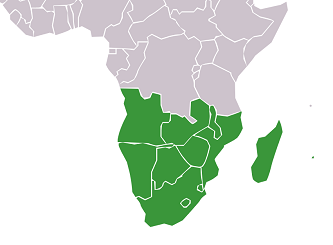Rwanda Cuts Ties with Belgium, Brussels Responds Too Late

Rwanda’s decision to cut diplomatic ties with Belgium holds a major turning point in their long and troubled relationship. The move came after Rwanda accused Belgium of spreading false information and fueling anti-Rwanda sentiment over the ongoing conflict in the Democratic Republic of Congo. In response, Rwanda ordered Belgian diplomats to leave within 48 hours. Belgium followed with its own expulsion of Rwandan diplomats, but by then, Rwanda had already recalled them.
The tension between the two countries ran deep. Belgium ruled Rwanda as a colonial power after World War I, reshaping the country’s social and political structure. It introduced ethnic divisions that lead yo decades of violence and discrimination, cultivating sources in the 1994 Genocide against the Tutsi. Rwanda argues that Belgium’s influence did not end with independence in 1962. Instead, it evolved into a more subtle hiddeb form of control through politics and internal influence.
Recent years have only added pressure to the equation moreso. Belgium has accused Rwanda of supporting rebel groups in Congo, leading to aid cuts and calls for sanctions. Rwanda sees this as yet another attempt to not consider its own leadership and sovereignty. President Paul Kagame has openly condemned Belgium’s role in destabilizing the region, pointing to its colonial past and ongoing interference with its influence.
Rwanda says cutting ties is about protecting its national dignity and standing up to foreign powers that still treat it as a lesser nation that can be manipulated. The country insists it will no longer accept what it calls Belgium’s outdated mindset and view of it. Whether this break is temporary or permanent, Rwanda has made one thing clear. It has taken ownership of its path.

